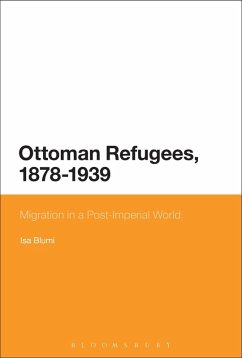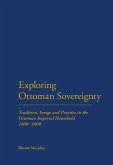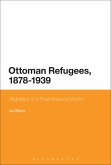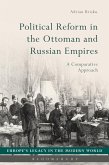In the first half of the 20th century, throughout the Balkans and Middle East, a familiar story of destroyed communities forced to flee war or economic crisis unfolded. Often, these refugees of the Ottoman Empire - Christians, Muslims and Jews - found their way to new continents, forming an Ottoman diaspora that had a remarkable ability to reconstitute, and even expand, the ethnic, religious, and ideological diversity of their homelands.
Ottoman Refugees, 1878-1939 offers a unique study of a transitional period in world history experienced through these refugees living in the Middle East, the Americas, South-East Asia, East Africa and Europe. Isa Blumi explores the tensions emerging between those trying to preserve a world almost entirely destroyed by both the nation-state and global capitalism and the agents of the so-called Modern era.
Ottoman Refugees, 1878-1939 offers a unique study of a transitional period in world history experienced through these refugees living in the Middle East, the Americas, South-East Asia, East Africa and Europe. Isa Blumi explores the tensions emerging between those trying to preserve a world almost entirely destroyed by both the nation-state and global capitalism and the agents of the so-called Modern era.









